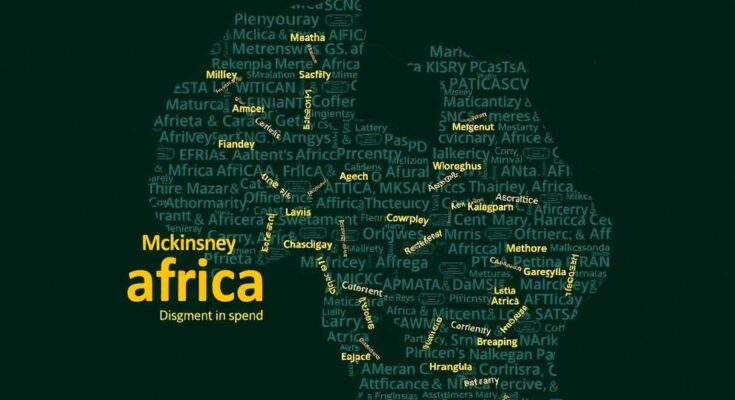McKinsey Africa has consented to pay $122.8 million to settle accusations of bribing South African officials for consulting contracts. This follows an extensive investigation led by the US Justice Department and involves a deferred prosecution agreement. A former executive has pleaded guilty to conspiracy under the Foreign Corrupt Practices Act, emphasizing the severity of the corruption scandal.
McKinsey and Company Africa has resolved allegations of bribery involving South African officials by agreeing to pay approximately $123 million. This settlement is part of an investigation into corrupt practices aimed at securing lucrative consulting contracts with state-owned entities such as Transnet Ltd and Eskom Holdings Ltd. The agreement includes a deferred prosecution arrangement, alongside the criminal penalty stipulated by the US Justice Department. Notably, Vikas Sagar, a former senior partner at McKinsey Africa, has entered a guilty plea for conspiracy to breach the Foreign Corrupt Practices Act.
Between 2012 and 2016, McKinsey Africa allegedly collaborated with South African consulting firms that diverted part of their fees as bribes. The illicit arrangement reportedly allowed McKinsey to profit approximately $85 million, highlighting a sophisticated scheme to undermine ethical standards in governmental contracting. This scandal occurred during the administration of former President Jacob Zuma, amid broader corruption issues within Eskom, which is crucial to South Africa’s power supply.
The allegations against McKinsey Africa stem from a broader context of corruption in South Africa, particularly under President Jacob Zuma’s tenure. During this period, state-owned enterprises like Eskom and Transnet were plagued by fraudulent activities that often involved bribery and kickbacks in exchange for contracts. The McKinsey case exemplifies the systemic corruption that has impaired governance and public trust while also spotlighting the role of large consulting firms in exploiting vulnerabilities within public institutions. The US Justice Department’s involvement signifies a serious legal reckoning for multinational corporations implicated in foreign bribery, especially as nations strengthen their regulatory frameworks to combat corruption.
In summary, McKinsey Africa’s agreement to a $123 million settlement underscores the critical issue of corporate ethics in international business practices. It reflects the ongoing efforts to hold corporations accountable for their actions in different jurisdictions, particularly when they involve the exploitation of public officials. The case serves as a reminder of the need for rigorous compliance mechanisms to prevent corruption and promote transparency in governmental dealings.
Original Source: www.barrons.com




